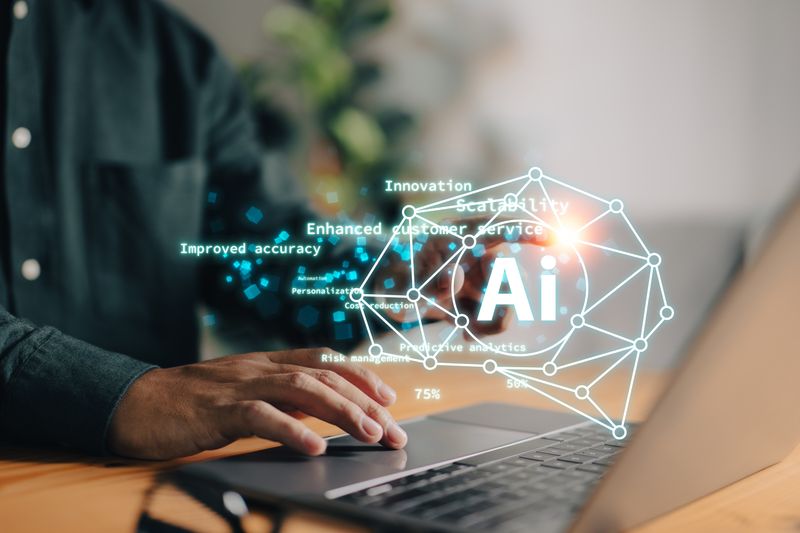
This logo isn't an ad or affiliate link. It's an organization that shares in our mission, and empowered the authors to share their insights in Byte form.
Rumie vets Bytes for compliance with our
Standards.
The organization is responsible for the completeness and reliability of the content.
Learn more
about how Rumie works with partners.
The Power of AI for Education
Imagine a world where every student receives personalized attention, teachers have more time for one-on-one interactions, and learning is more engaging than ever. Welcome to the world of AI (artificial intelligence) in education!
AI refers to the simulation of human intelligence processes by machines, especially computer systems. It's revolutionizing education by providing personalized learning experiences, automating administrative tasks, and offering new ways to engage with content.
The video below explains what AI can and can't do:
Who can benefit from AI in education?
Educators looking to integrate AI into their teaching methods.
Instructional designers exploring new technologies to enhance learning experiences.
Students and professionals interested in the applications of AI in the education sector.
Did you know?
AI-powered adaptive learning platforms can increase student engagement. One study showed that these platforms tailor educational content to individual student needs, making learning more interactive and personalized.
The Importance of AI for Education
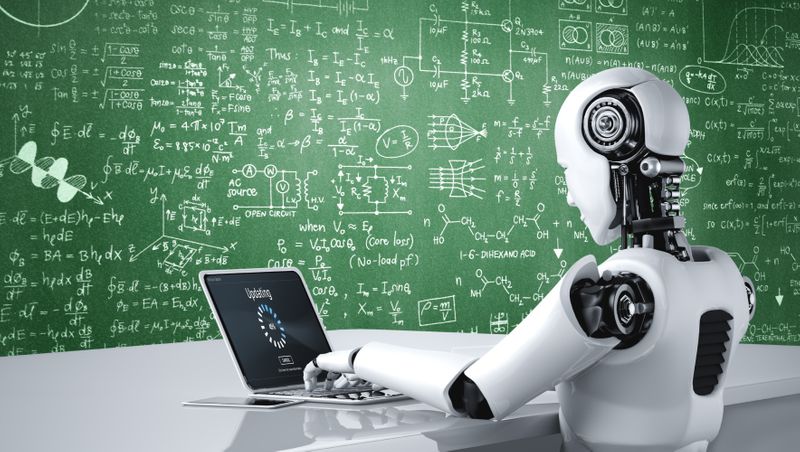 Image courtesy of Frolopiaton Palm via Freepik
Image courtesy of Frolopiaton Palm via Freepik
Personalized learning: customize learning paths for individual students, enabling progress at their own pace.
Increased efficiency: automate routine tasks like grading and scheduling, allowing teachers to focus more on teaching.
Enhanced engagement: make learning interactive and engaging, keeping students motivated.
Data-driven insights: provide performance analytics, helping educators identify areas needing support.
Scalability: deliver high-quality,personalized education to large student groups.
Did you know?
AI can now compose music like Beethoven! Jukedeck's AI fooled listeners in a test, creating music indistinguishable from the maestro's own work.
4 AI Techniques for Education
AI techniques are the foundational methods and algorithms. Here are some techniques you should know about:
Machine learning usesalgorithms that allow computers to learn from and make predictions based on data. Adaptive learning platforms like DreamBox adjust lessons based on individual student progress.
Natural language processing (NLP) enables machines to understand and process human language. Automated essay scoring tools like Turnitin can analyze and grade written assignments.
Reinforcement learning isa learning method where agents learn to make decisions by receiving rewards or penalties. Intelligent tutoring systems like Carnegie Learning provide personalized feedback to students.
Speech recognition converts spoken language into text. Language learning apps like Duolingo assess pronunciation and provide corrective feedback.
Scenario

Dr. Moore is implementing a new AI-driven tool in his high school mathematics class to enhance individual learning.
He wants a system that adapts the difficulty of math problems in real-time based on how students are performing.
Which AI technique should Dr. Moore select to best achieve this goal?
Options
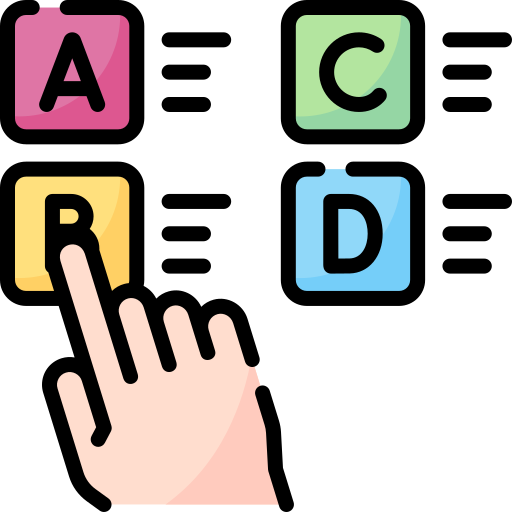
A. Natural language processing (NLP) to analyze written answers
B. Machine learning to adapt problem difficulty
C. Reinforcement learning to reward correct answers
D. Speech recognition to solve spoken queries
Quiz
Choose the correct option for the scenario above.
Option B is appropriate, as machine learning allows the system to dynamically adjust the difficulty of math problems in response to how students perform, matching Dr. Moore's needs.
Quiz: Dr. Amelia & MathMaster
Scenario
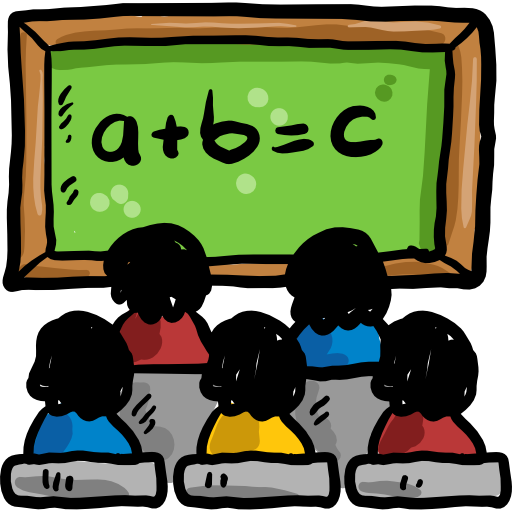
Dr. Amelia uses "MathMaster," a reinforcement learning-based tutoring system, in her math class. Students are tasked with creating mini-projects to apply principles learned from MathMaster in optimizing algebra problem-solving.
Options
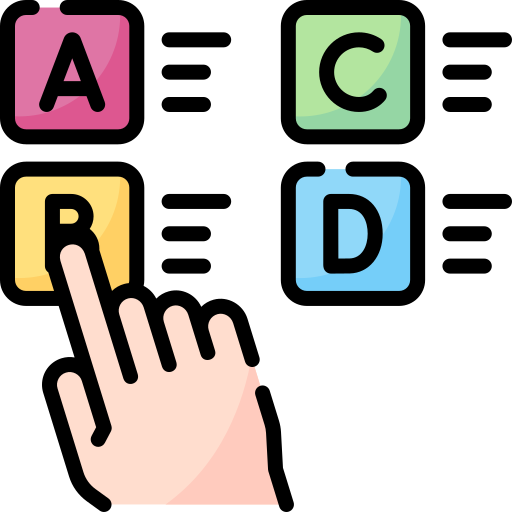
Which strategy best applies the reinforcement learning principles from MathMaster to improve solving complex algebra equations?
A. Memorising solution steps
B. Sticking with the first successful method
C. Refining techniques based on MathMaster feedback
D. Using only traditional textbook methods
Quiz
Choose the correct option for the scenario above:
Option C (refining techniques based on MathMaster feedback) mirrors reinforcement learning by using ongoing feedback to optimize problem-solving approaches.
4 AI Tools for Education
AI tools are the practical applications that implement these techniques (e.g., adaptive learning platforms, chatbots). Here are some tools you can use in education:
Intelligent tutoring systems provide personalized feedback and support. Carnegie Learning and ALEKS offer one-on-one tutoring experiences by adapting to student responses and providing customized support.
Automated grading tools automate the evaluation of assignments and exams. Gradescope automates grading for assignments and exams, providing instant feedback and saving teachers time.
Chatbots and virtual assistants assist with student queries and provide learning support. IMB Watson Tutor offers real-time assistance to students, answering queries and providing educational support.
Language models generate explanations, answer questions, and offer tutoring. ChatGPT by OpenAI and Gemini by Google (formerly known as Bard) provide interactive and personalized learning support by answering questions and explaining complex topics.
Scenario
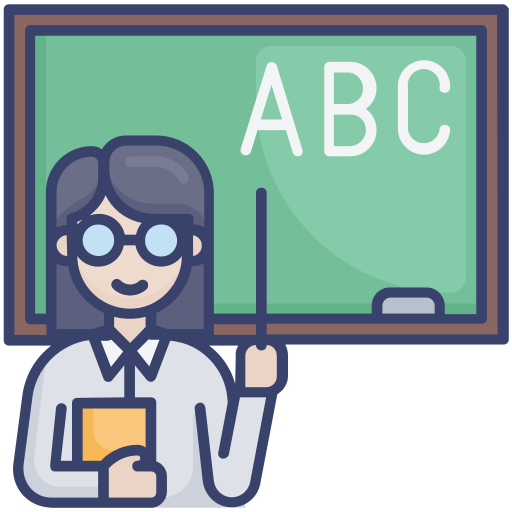
In Mr. Hughes' geography class, students use an AI-powered mapping tool, GeoExplorer, to analyze climate change effects on different regions.
How should students use GeoExplorer to best demonstrate their understanding of climate impacts?
Options
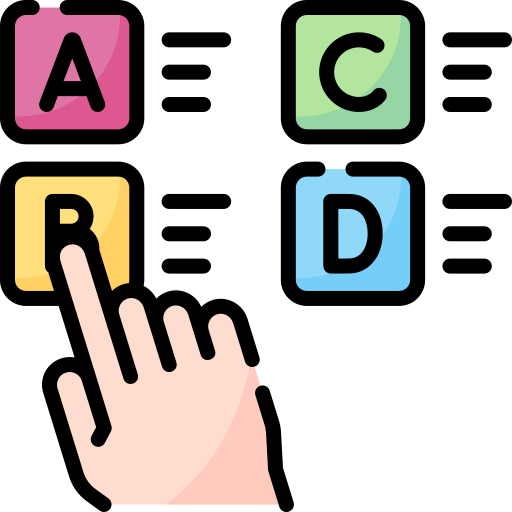
A. Viewing global temperature charts
B. Simulating sea level rise in coastal areas
C. Listing countries by emissions
D. Printing a map of the world
Quiz
Choose the correct option for the scenario above.
Option B (simulating sea level rise in coastal areas) requires applying knowledge to simulate and analyze specific effects of climate change, using the AI tool dynamically.
Did you know?
AI tutors can now analyze writing styles to sniff out plagiarism in essays.
Tools like Turnitin use advanced algorithms to compare student submissions against a vast database of sources to ensure academic integrity, with up to 98% accuracy.
Focus on teaching, not copying — AI is on the case! Check out this Byte to learn more: Are ChatGPT detectors reliable for catching plagiarism?
Take Action

If you're interested in using AI for education, follow these steps:
This Byte has been authored by
reggie alex moon
Teacher
MA,BSc(Hons)
